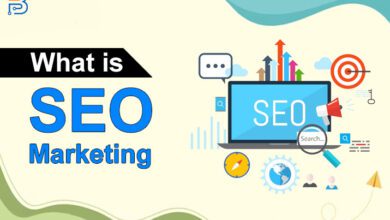12 mins ago
Risk Management in CFD Trading – Complete Guide
The world is continuously evolving on the basis of exchange. In old times, people started with the barter system, and…
1 day ago
Giveaway Email Campaigns- How to Do Like a Pro?
Brands must have a perfect Google Sheet of their site visitors to target them for their giveaway email campaigns. The…
1 day ago
An Ultimate Guide About VSCO Search
Editing applications usually have features that are only related to editing. They don’t allow users to have a proper profile…
2 days ago
6 Pro Tips on Global Business Expansion
Global interconnectivity is significantly facilitated by the advent of cutting-edge technology in the present era. In light of this, multiple…
2 days ago
Tips to Use Instagram Highlight Viewer in 2024
There are several online tools available that people are using to browse Instagram anonymously. These tools are known as Instagram…

































